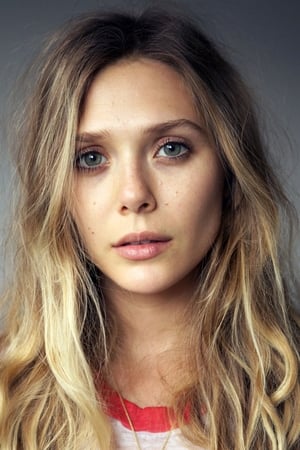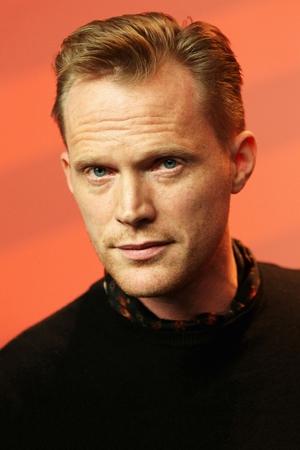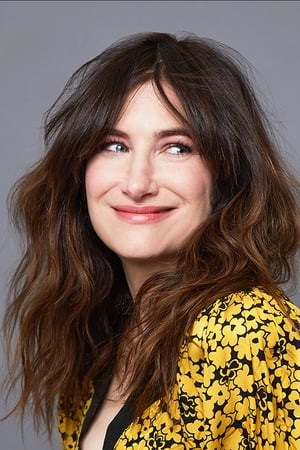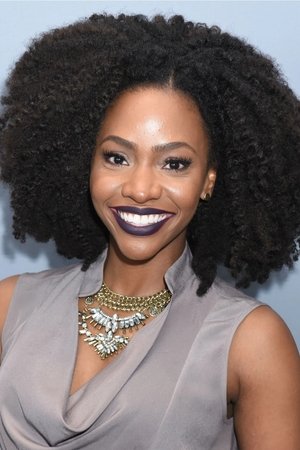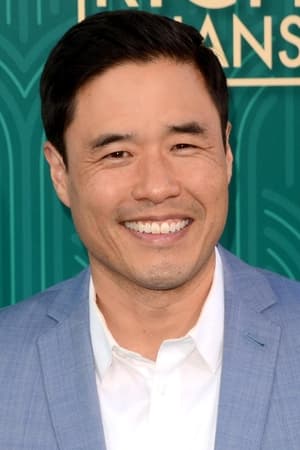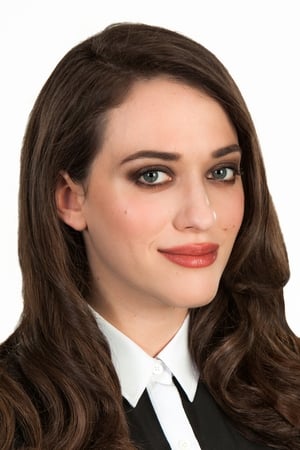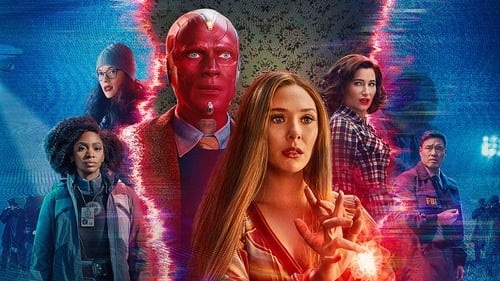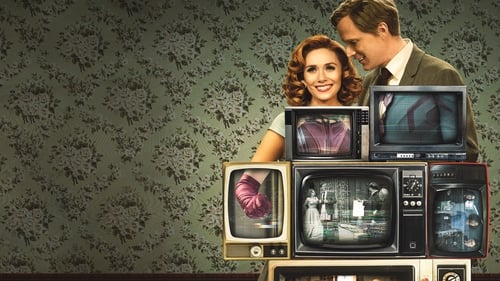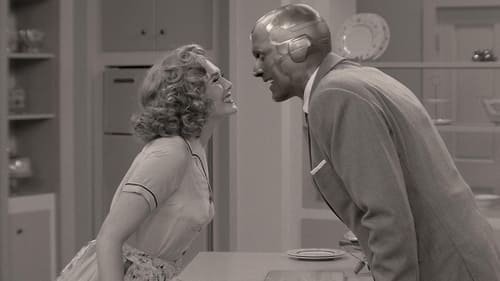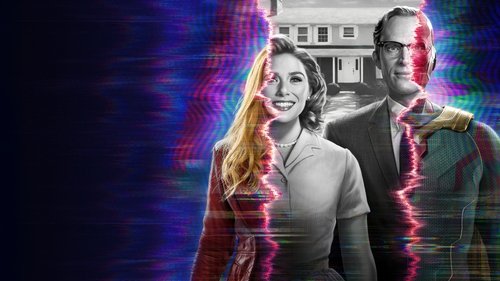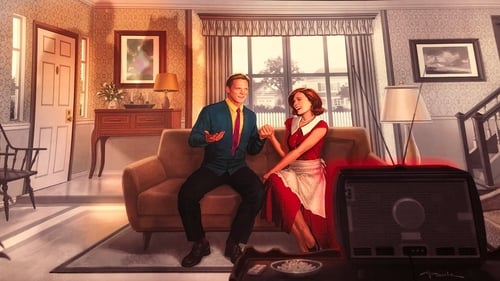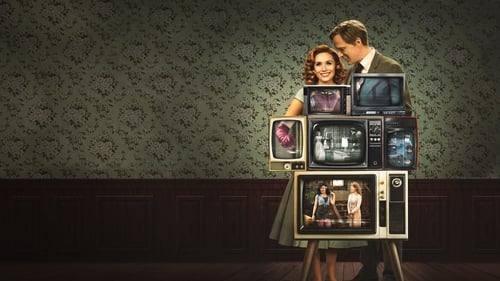
watchnrant
10
|
Dec 26, 2024
WandaVision is a bold, genre-bending triumph that redefines what superhero storytelling can be. The series opens with a surreal plunge into classic TV sitcoms, paying homage to I Love Lucy and Bewitched—a bold move that quickly proves its worth. WandaVision reminds us that emotional stakes can hit the hardest in a universe of super-powered battles.
Elizabeth Olsen is mesmerizing. Her portrayal of Wanda Maximoff is a masterclass in character evolution, as she moves effortlessly between sitcom whimsy and gut-wrenching emotional depth. Wanda’s desperate attempt to control her unraveling world is heartbreaking and terrifying, and Olsen makes you feel every ounce of that pain. Paul Bettany matches her performance with a comedic brilliance that brings new layers to Vision, turning their shared scenes into captivating emotional duets.
But WandaVision is far more than a love letter to nostalgia—it’s a fully immersive experience. Each episode meticulously recreates a different TV era, from the black-and-white charm of the 1950s to the neon flash of the 80s. The period details, from set designs to costumes, are spot-on, giving the series a rich visual texture. You’d be forgiven for thinking you were watching an episode of The Dick Van Dyke Show—until the cracks in the facade start to show, hinting at a far darker reality lurking underneath.
Visually, WandaVision is a feast. The shifting aesthetics aren’t just clever flourishes but integral to the story. As the series moves through different eras of TV, the visual style mirrors Wanda’s emotional unraveling. The glossy perfection of early sitcoms begins to fracture, reflecting the way grief and trauma distort her perception of reality. This isn’t just a fun gimmick—it’s a profoundly affecting metaphor for Wanda’s internal collapse, making her unravel something you feel as much as you see.
At its core, WandaVision is about grief, trauma, and identity. Wanda isn’t just mourning Vision—she’s grappling with who she is after everything she’s lost. Her immense power allows her to bend reality to her will, yet she’s unable to confront the emotional wreckage inside. The show visually represents this struggle, with each glitch and shift in her constructed reality as a metaphor for her fractured sense of self. WandaVision brilliantly captures a woman at war with her identity, trying to reconcile her past, pain, and future.
This identity crisis shapes Wanda’s every decision. Unable to let go of her trauma, she creates a world where she can hide from it. But as the cracks in her illusion grow, it becomes clear that even her immense power can’t protect her from the truth. The show’s layered narrative and visual style turn Wanda’s story into a poignant meditation on how trauma reshapes our sense of self and how running from grief only deepens the wounds.
One scene that perfectly encapsulates this tension is the dinner sequence in the first episode. What starts as a lighthearted sitcom fare quickly spirals into something unsettling as Wanda struggles to control her reality. The laughter fades, the lighting shifts and the discomfort is palpable as her carefully constructed world teeters on the edge of collapse. In moments like these, WandaVision masterfully balances its tonal shifts, moving from quirky homage to psychological thriller with a deft touch.
The series is a slow burn, but that deliberate pacing makes its emotional depth possible. WandaVision takes its time, allowing the audience to sit with Wanda’s grief and confusion. This might feel jarring for some, especially for those expecting the fast-paced action Marvel is known for. But this slower pace is essential to the show’s impact—it gives the emotional stakes time to breathe, and the payoff is worth the wait. As Wanda’s world unravels, the tension builds not through action but through her illusions’ slow, steady collapse.
Marvel’s decision to prioritize emotional complexity over explosive action in WandaVision significantly departs from its usual formula. This shift signals a broader evolution in superhero media that embraces introspection and character-driven storytelling. WandaVision shows that superhero stories can be just as much about our internal battles as the external ones, setting a new standard for what the genre can achieve.
While Olsen and Bettany are the heart of the series, the supporting cast also shines. Kathryn Hahn is a standout as Agnes, bringing comedic flair and a sinister undercurrent to her role. Her shift from a nosy neighbor to something far more ominous is one of the series’ most thrilling transformations. Teyonah Parris, as Monica Rambeau, adds emotional depth to the broader MCU connections, grounding the story while bringing her vulnerabilities to the forefront. Monica’s own experience with loss, having been snapped away and returning to find her mother gone, mirrors Wanda’s grief, adding layers to the show’s exploration of trauma. Both actresses enhance the ensemble, making WandaVision a rich tapestry of performances.
Matt Shakman and Jac Schaeffer deserve immense credit for crafting a show that blends absurdity with emotional resonance. The tonal shifts—from sitcom pastiche to psychological horror—could have easily derailed the narrative, but instead, they heighten the series’ complexity. Shakman’s direction and Schaeffer’s writing push the boundaries of superhero storytelling, resulting in a series that feels as innovative as it does intimate.
Another scene that stands out is Wanda’s confrontation with Agatha Harkness (Kathryn Hahn) in later episodes. This moment exemplifies the total collapse of Wanda’s illusion, and Agatha’s role as a manipulator intensifies the tension. The scene is a high-stakes emotional showdown that strips away Wanda’s defenses, forcing her to confront the pain she’s buried under layers of sitcom facades. This confrontation highlights the show’s seamless ability to shift from personal drama to supernatural spectacle, all while keeping the emotional core intact.
Of course, WandaVision isn’t for everyone. Its experimental structure and slower pacing may alienate viewers expecting the fast-paced, action-heavy fare typical of the MCU. But for those willing to embrace its reflective nature, the series offers a more profound, more emotionally charged experience. It’s a gamble that pays off in ways that redefine what superhero television can be.
WandaVision isn’t just a standout in the MCU—it’s a standout in modern television. Its blend of genres and experimentation with form transcends the superhero genre, positioning itself alongside Legion, which uses genre as a framework to explore deep emotional and psychological territory. WandaVision proves that superhero stories can be as rich, layered, and complex as any prestige drama, showing that sometimes, the most compelling battles are the ones we fight within ourselves.
So, is WandaVision a triumph? Absolutely. By blending sitcom nostalgia with emotional depth and mind-bending twists, WandaVision redefines what superhero storytelling can be. Marvel has set a new bar for its TV future, and if this is the direction they’re headed, count me in.

